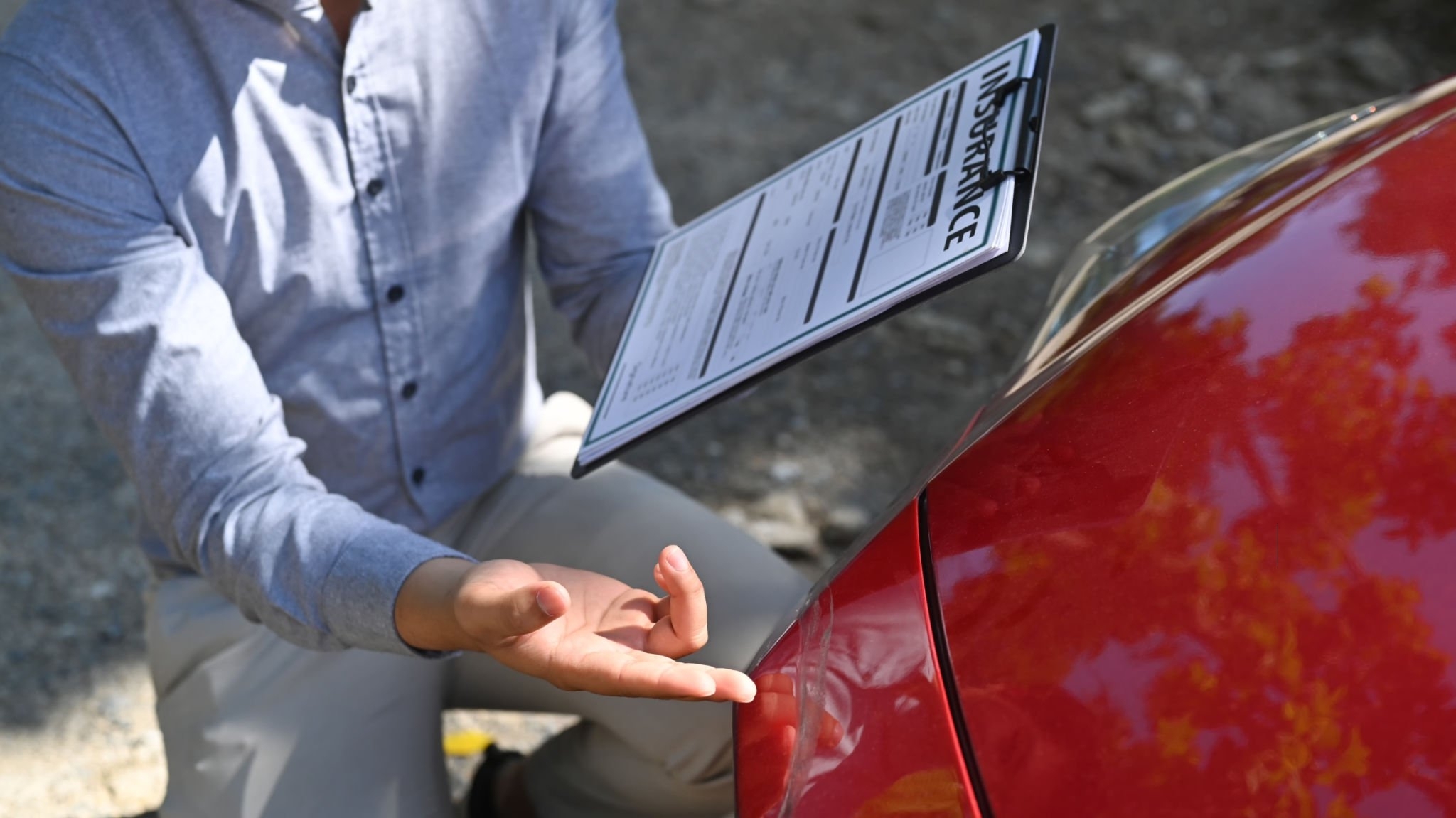In the world of business, transportation is often a vital component. Whether you operate a small business with a single vehicle or manage a fleet of company cars, having the right business car insurance is essential to protect your assets and ensure the smooth operation of your organization. This article delves into the nuances of business car insurance, offering insights, tips, and guidance for securing the best coverage for your business needs.
Section 1: Understanding Business Car Insurance
Before we delve into the specifics of obtaining business car insurance, it’s essential to understand what it is and why it’s necessary.
1.1 What is Business Car Insurance?
Business car insurance, also known as commercial car insurance, is a specialized type of coverage designed for vehicles used for business purposes. This includes company cars, delivery vehicles, and any vehicle used to transport goods, employees, or clients.
1.2 Why Business Car Insurance is Crucial
Business car insurance is crucial for several reasons:
- Legal Requirement: Depending on your location and the nature of your business, you may be legally required to carry business car insurance. Driving without the proper coverage can lead to fines and legal complications.
- Protecting Business Assets: Business vehicles are valuable assets, and insurance helps protect them from accidents, theft, and damage, ensuring that your operations can continue without major disruptions.
- Liability Coverage: Business car insurance typically includes liability coverage, protecting your business from potential legal claims in case of an accident involving your vehicles.
Section 2: Types of Business Car Insurance Coverage
Business car insurance policies come in various forms, tailored to specific business needs. It’s essential to choose the right type of coverage for your operations.
2.1 Commercial Auto Insurance
This is the most common form of business car insurance, providing coverage for vehicles owned or leased by your business. It includes liability, collision, and comprehensive coverage, ensuring that you’re protected in various scenarios.
2.2 Hired and Non-Owned Auto Insurance
If your employees use their personal vehicles for business purposes, or if you occasionally rent vehicles, this type of coverage is essential. It provides liability coverage when using non-owned or rented vehicles for business tasks.
2.3 Commercial Truck Insurance
For businesses operating larger trucks for deliveries or transportation, commercial truck insurance is necessary. It offers specialized coverage tailored to the unique risks associated with commercial trucks.
2.4 Business Use vs. Commercial Use
It’s crucial to understand the distinction between “business use” and “commercial use” when insuring your vehicles. Business use typically covers employees using their vehicles for work-related tasks, while commercial use covers vehicles used exclusively for business purposes.
Section 3: Factors Influencing Business Car Insurance Costs
The cost of your business car insurance premiums can vary significantly based on several factors. Understanding these factors can help you manage your insurance budget effectively.
3.1 Vehicle Type and Use
The type of vehicle and how it’s used play a crucial role in determining insurance costs. Trucks, delivery vans, and vehicles used for transporting goods typically have higher premiums.
3.2 Driver Records
The driving records of your employees can impact insurance costs. Safe and responsible drivers generally lead to lower premiums, while a history of accidents and violations can result in higher rates.
3.3 Coverage Levels
The extent of coverage you choose, such as liability limits and additional coverage options, affects your premiums. Higher coverage levels typically come with higher costs.
3.4 Location
Where your business is located and where your vehicles are primarily used can affect insurance rates. Areas with higher traffic, crime rates, or severe weather may result in higher premiums.
3.5 Deductibles
The deductible is the amount you’ll pay out of pocket in the event of a claim. Choosing a higher deductible can reduce your premiums, but it means you’ll have higher out-of-pocket costs in case of an accident.
3.6 Number of Vehicles
The size of your vehicle fleet also impacts insurance costs. Insuring a single vehicle will be less expensive than insuring a fleet of several vehicles.
Section 4: Finding the Right Business Car Insurance Provider
When it comes to choosing the right business car insurance provider, careful consideration is necessary.
4.1 Research and Compare
Start by researching different insurance providers, comparing their rates, coverage options, and customer reviews. Look for insurers with experience in providing coverage for businesses.
4.2 Consult an Insurance Broker
An insurance broker can be a valuable resource. They can help you navigate the complex world of business car insurance and find the most suitable policy for your needs.
4.3 Consider Package Deals
Some insurers offer package deals that combine various business insurance policies, such as general liability and business property insurance, along with business car insurance. Bundling policies can often lead to cost savings.
Section 5: Navigating the Claims Process
While it’s essential to secure the right business car insurance policy, it’s equally important to understand the claims process to ensure a smooth experience when the need arises.
5.1 Documenting Accidents
In the event of an accident or damage to a business vehicle, it’s crucial to document the incident thoroughly. Take photos, gather witness statements, and file a police report if necessary.
5.2 Notify Your Insurer
Contact your insurance provider promptly after an accident or incident. They will guide you through the claims process, including the necessary paperwork and documentation.
5.3 Cooperate with Investigations
Your insurer may conduct an investigation to determine the cause of the incident and assess liability. It’s essential to cooperate fully during this process.
5.4 Know Your Coverage
Understanding the specifics of your business car insurance policy is critical when filing a claim. Be aware of your coverage limits, deductibles, and any applicable endorsements.
Section 6: Reviewing and Updating Your Business Car Insurance
Businesses are dynamic entities, and as your operations evolve, so do your insurance needs. Regularly reviewing and updating your business car insurance policy is crucial.
6.1 Annual Reviews
Perform an annual review of your business car insurance policy to ensure it still aligns with your needs and budget. Update any changes in vehicle use, drivers, or coverage requirements.
6.2 Business Growth
If your business expands, consider how that growth affects your insurance needs. Additional vehicles, locations, and employees may necessitate adjustments to your coverage.
6.3 Industry Changes
Stay informed about any industry-specific changes or regulations that may impact your business car insurance requirements. Compliance is crucial for maintaining coverage.
Conclusion
In the business world, transportation is often a fundamental component, and business car insurance is a critical aspect of managing your assets and protecting your operations. By understanding the types of coverage available, the factors influencing insurance costs, and the process of finding the right provider, you can navigate the world of business car insurance with confidence. Regularly reviewing and updating your policy ensures that you always have the coverage you need, keeping your business on the road to success.


